Obituary: Rev. Charles H. Bayer
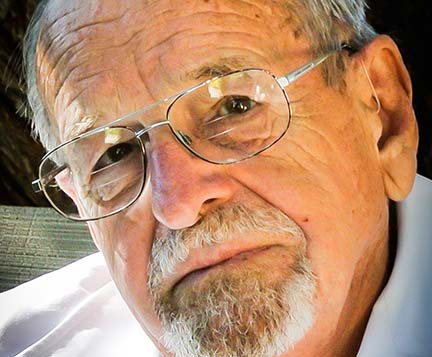
Minister, professor, columnist, author
“As the marsh-hen secretly builds on the watery sod,
Behold I will build me a nest on the greatness of God.”
Sidney Lanier, “The Marshes of Glynn”
Rev. Charles H. Bayer, a longtime minister, professor, newspaper columnist and author, died June 26 at Pilgrim Place Health Center in Claremont after a brief illness. He was 91.
Known for his thoughtful and inspiring sermons, Rev. Bayer was the senior pastor of churches in Chicago; St. Joseph, Missouri.; Alexandria, Virginia; Washington, D.C.; and Enid, Oklahoma.
“Rev. Bayer believed in justice, peace and love—and in fighting the good fight for all three ideals,” his family shared. “Everywhere he went, people who had never found a church they liked discovered in Charles the honesty, questioning spirit, intelligence, and rebellious streak they didn’t know their souls needed. Charles met people on the outs with the law—civil rights marchers, Vietnam protesters, the Chicago Eight‚ with an open door and an open heart.”
He spent much of his career in St. Joseph, where he was the senior minister at First Christian Church (Disciples of Christ), a member of the St. Joseph City Council, a columnist for the St. Joseph News-Press and a founding member of The Open Door Food Kitchen, The Ecumenical Corporation for Housing Opportunities, the MO/KAN Regional Food Bank, and Citizens for a Better St. Joseph. He won numerous awards for his civic advocacy and humanitarian works.
He was a gifted writer, who wrote eight books and regular columns his whole life on current events and politics—and how decent people should respond and think. His columns were so good that Bill Moyers saw them, liked them, quoted them, talked about Charles in his own writings, and began a friendship with him.
Rev. Bayer’s books include “Hope for the Mainline Church,” “The Babylonian Captivity of the Mainline Church,” “A Resurrected Church: Christianity After the Death of Christendom,” “A Guide to Liberation Theology for Middle-Class Congregations,” “Reclaiming the Christian Faith,” “When It Is Dark Enough: Sermons for Advent, Christmas and Epiphany,” and “Building a Biblical Faith: A Seeker’s Guide to Christian Theology.”
From 1996 to 2001, Rev. Bayer was a professor at the Melbourne College of Divinity in Melbourne, Australia. Before that, he taught at the Lexington, Kentucky, Theological Seminary, Chicago Theological Seminary and The Disciples Seminary Foundation in the fields of theology, missiology and homiletics.
Prior to moving to St. Joseph, he served as the chief operating officer of the Chicago Urban Corp., and was the senior minister at the University Church of the Disciples of Christ of Chicago, First Christian Church in Alexandria, Virginia, and Shepherd Park Christian Church (Disciples of Christ) in Washington, D.C.
He also served as president of the Washington, D.C., Area Council of Churches, frequently gave the opening prayer in the U.S. House of Representatives and the U.S. Senate, and was a founding member of the Disciples Justice Action Network.
He was born in Philadelphia and graduated from Lower Merion High School in 1948. He earned his bachelor’s degree in 1952 from Phillips University in Enid, Oklahoma, and then attended seminary there.
In 1951, he married Carole Davis. They had three children, Carol, Beth and John, and took long family vacations every year “so the children could see the depth and breadth of the U.S.,” Beth said. “They negotiated raising three kids in inner-city Chicago and kept them in public schools, despite the dangers. They created a space in the basement of our house in Chicago to give draft dodgers respite on their way to Canada.” They divorced in 1973.
“The end of graduate school in the 1950s brought me face to face with America’s struggle to secure civil and voting rights for all her citizens,” Rev. Bayer wrote in a column published in 2017. “Then came the persistent call for me to do what I could to help bring an end to the war against Vietnam. That summons consumed me for the next decades, and took me to the legal boundaries—and even beyond.”
One of his conditions for taking the position at University Church in Chicago in 1967 was that he be allowed to unlock the door and spend a significant portion of the endowment. “The moment the key was turned in the lock, we were inundated by students,” he later wrote. “It was the high point of the anti-Vietnam war movement and they quickly became a center for the radical students—thousands of them. We probably had 500 people in the building every day. I became their pastor, was gassed at Michigan and Balboa during the 1968 Democratic Convention, and was called as a suspected conspirator by the grand jury that led to the trial of the Chicago Eight.”
While at University Church, he started a campus ministry, opened the church to rival gangs and draft dodgers alike, and taught a course on preaching that had Jesse Jackson as a student.
In 1977, he married Wendy Matson Divine in St. Joseph, Missouri, creating a chaotic and loving blended family with his 17-year-old son John (the only child still living at home), and Wendy’s three school-aged children. The couple celebrated their 44th wedding anniversary on June 19.
Rev. Bayer lived much of his life with the pain of having lost John, who died in a plane crash in 1985. He responded with grief that he continued to express frequently. But he faced the pain by learning to sail, like John, and even learning to fly a small plane like the one in which his son lost his life.
“Perhaps each of us is given a tiny, trifling bit of space and a smidgen of time in which to live, and while what we do with it does not determine how we shall come out at death, it may influence how this life will be better for a few others trying to make it in an often hard world,” he wrote in a column after his son’s death.
Rev. Bayer loved technology and learning new skills. Each year, he set out to undertake three new challenges. Among his achievements: learning to ride a motorcycle; learning the rules of Australian Rules Football; restoring the Hax-Beach House in downtown St. Joseph; and teaching himself to paint when he was in his eighties.
After John’s death, Charles and Wendy bought an old lobsterman’s shack in Castine, Maine, and spent summers sailing the John Mark on Penobscot Bay.
In 2001, the couple moved from Melbourne to Pilgrim Place in Claremont. He was a member of the city’s Committee on Human Relations, co-founder of the Claremont Homeless Advocacy Project and served on the board of Uncommon Good.
Rev. Bayer loved baseball, bad jokes and good stories. He was a ready conversationalist on topics far and wide.
In 2017, his life was marked by another tragedy: the death of his daughter Carol, a prominent psychiatrist in New Orleans and the first woman to be elected as a delegate from Louisiana to the American Medical Association. Charles and Carol had spent a week playing golf together every summer in New Mexico.
A few weeks before he died, Rev. Bayer, an avid Los Angeles Angels fan, got to go to his last game with Beth and her husband. Sadly, the Angels lost, Beth reports, but the hot dogs were delicious.
In his memoir, published in 2004, he wrote this of his children: “Somehow they all understood the meaning of inclusion, compassion and the ordering of a peaceful, just world. And that, I believe, is what Jesus meant when he talked about God’s reign. I like to think I have played some small part in the development of that notion of the well-lived life.”
Rev. Bayer is survived by his wife, Wendy; daughter, Beth; stepchildren, Jennifer Divine, Mary Divine Myers and Sean Divine; eleven grandchildren and eight great-grandchildren.
Services will be held at a later date.
In lieu of flowers, memorials are suggested to the Disciples Justice Action Network at http://www.disciplesjustice.net, or by check to P.O. Box 35887, Tulsa, OK 74153; Uncommon Good at https://uncommongood.org, or by check to 211 W Foothill Blvd, Claremont, CA 91711 or the Pilgrim Place Residents Health and Support Fund at https://www.pilgrimplace.org/giving, or by check to 625 Mayflower Road, Claremont, CA. 91711.

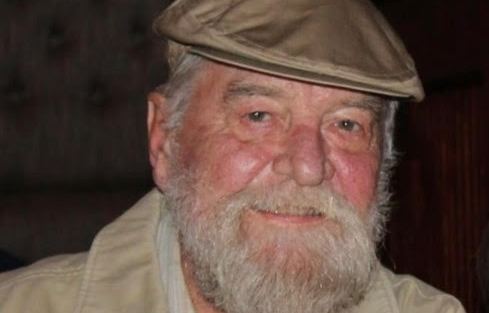
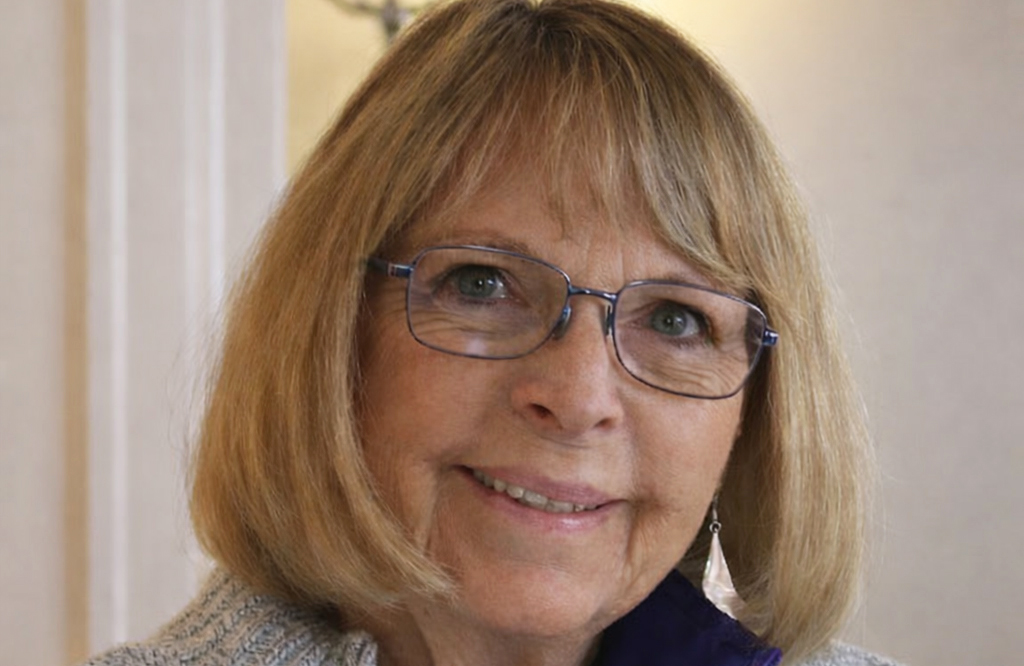
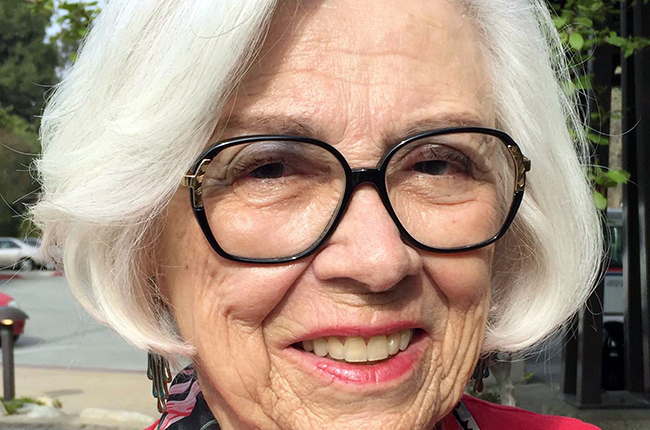
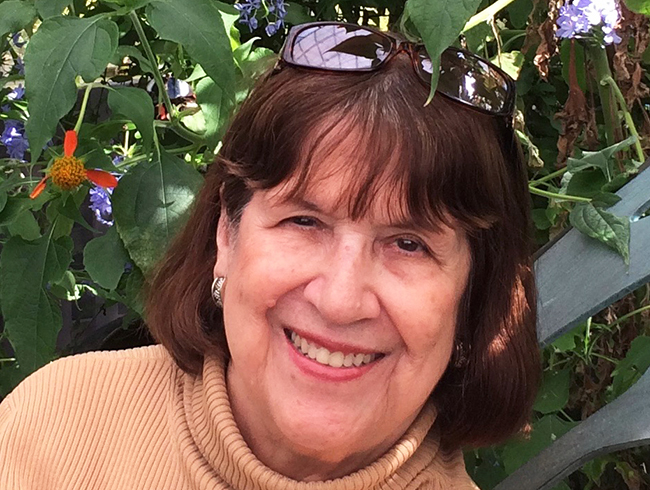
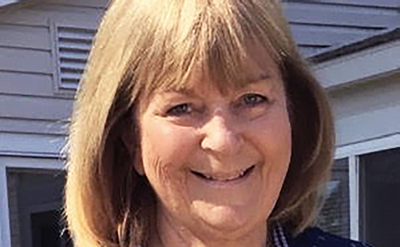
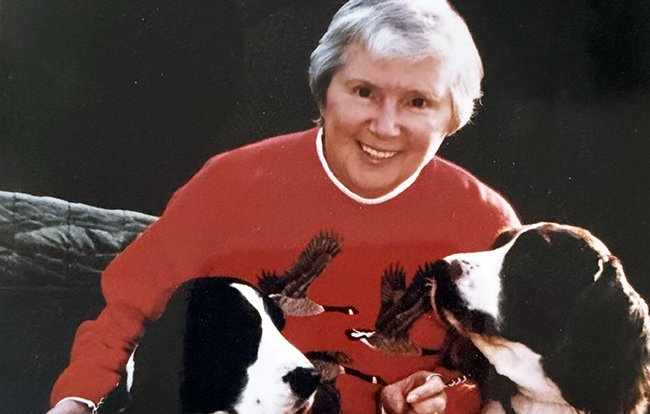

0 Comments